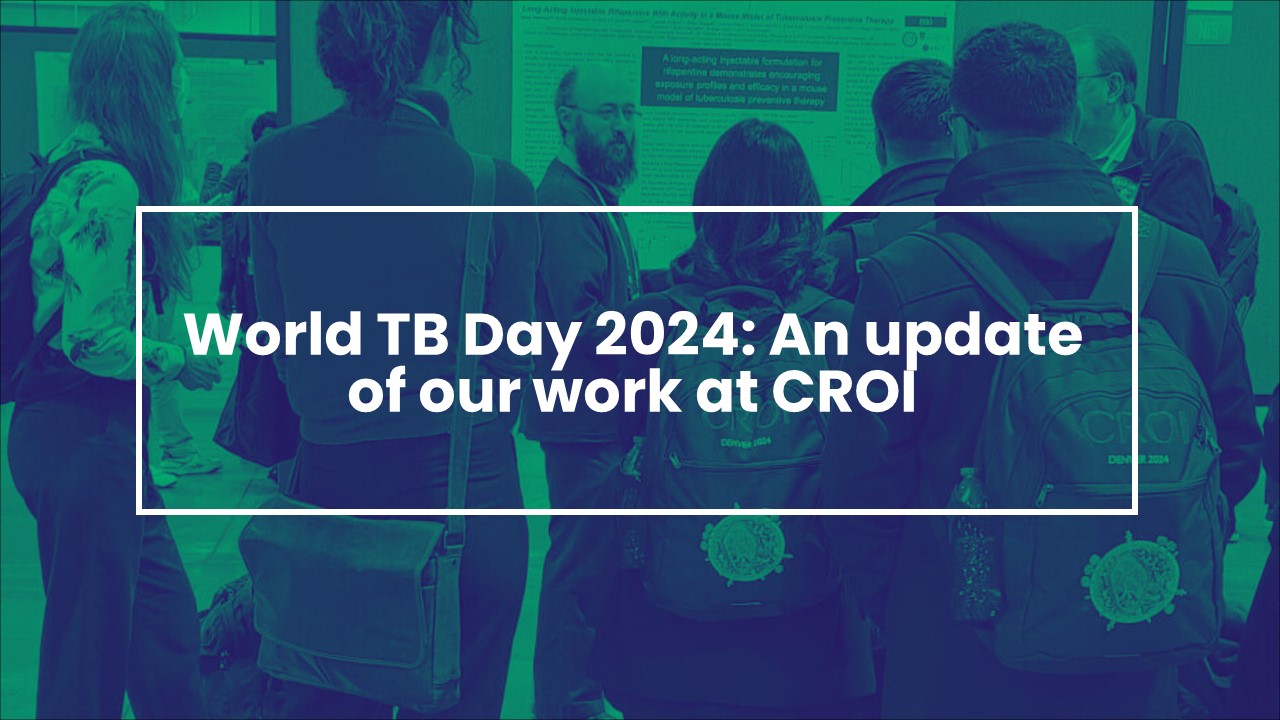LONGEVITY Project Blog
Stay up to date with the latest from the LONGEVITY project.
- Tags
- long-acting therapeutics (28)
- longevity (24)
- low- and middle-income countries (21)
- lmics (14)
- celt (10)
- research (9)
- tb prevention (7)
- malaria (7)
- global health (7)
- hepatitis c virus (6)
- tuberculosis (6)
- community engagement (5)
- low- and middle- income countries (4)
- interview (3)
- world tb day (3)
.jpg)
18 December 2025
.jpg)
20 November 2025
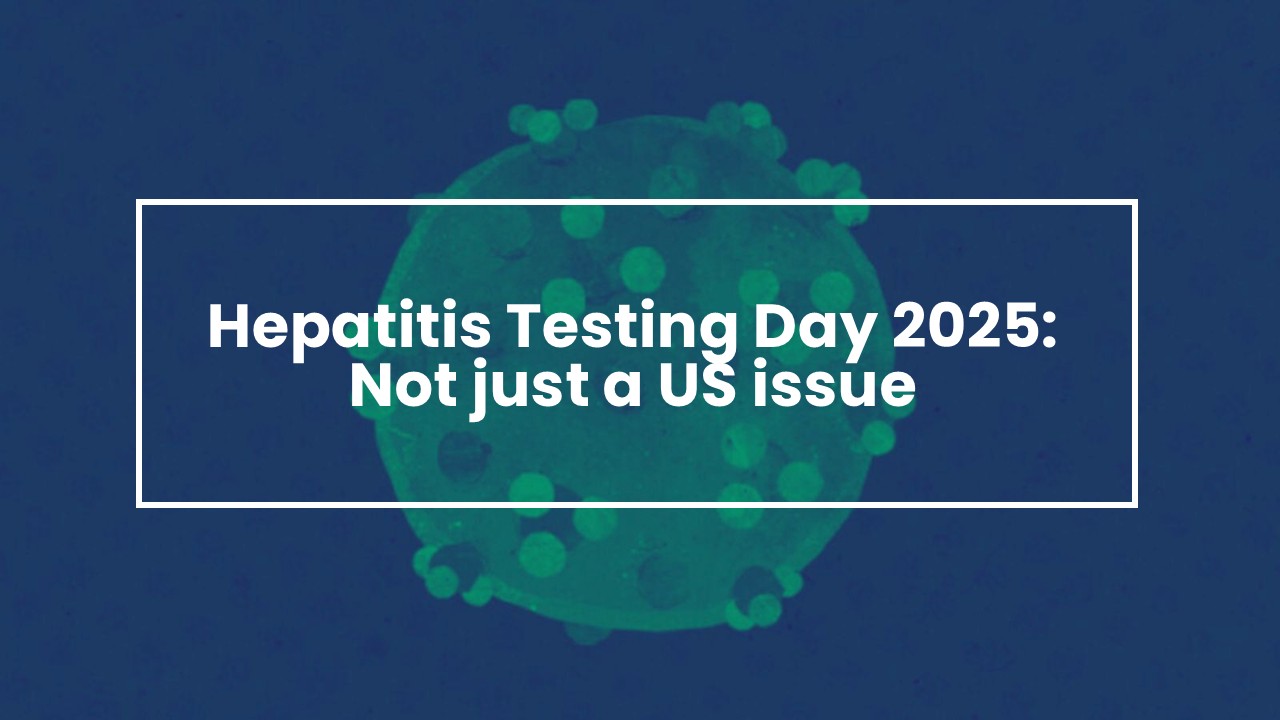
19 May 2025
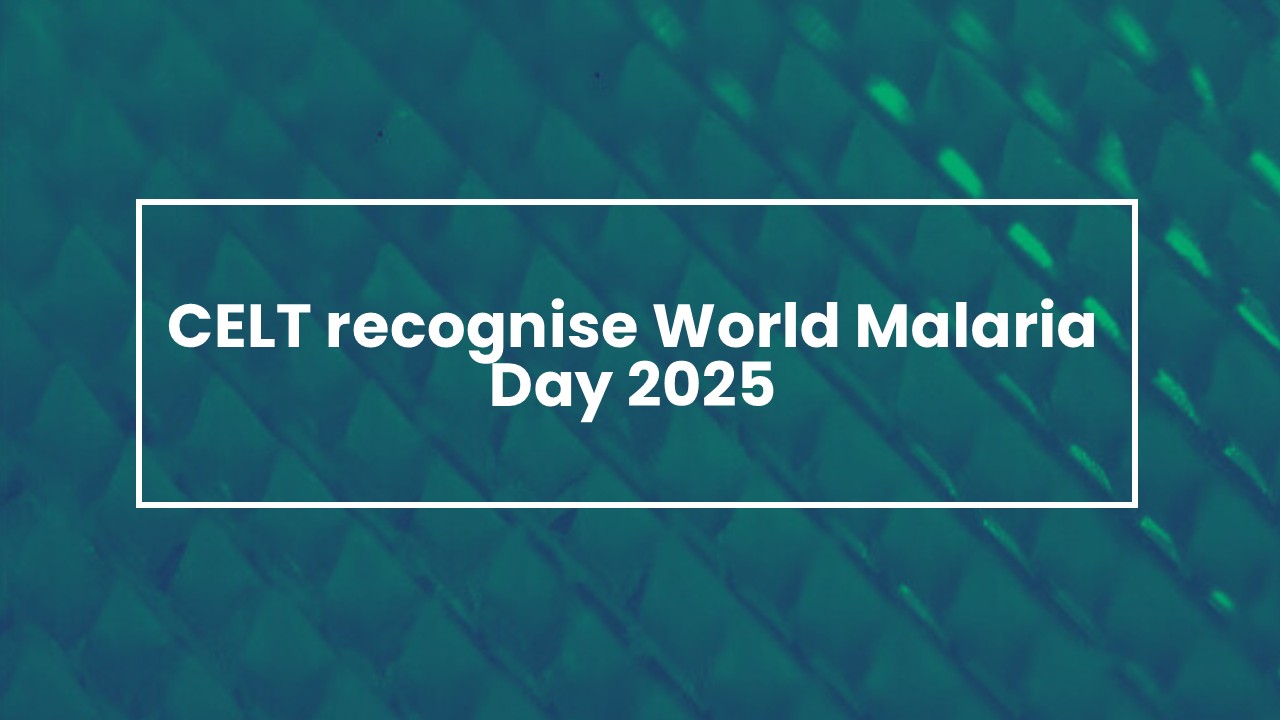
25 April 2025
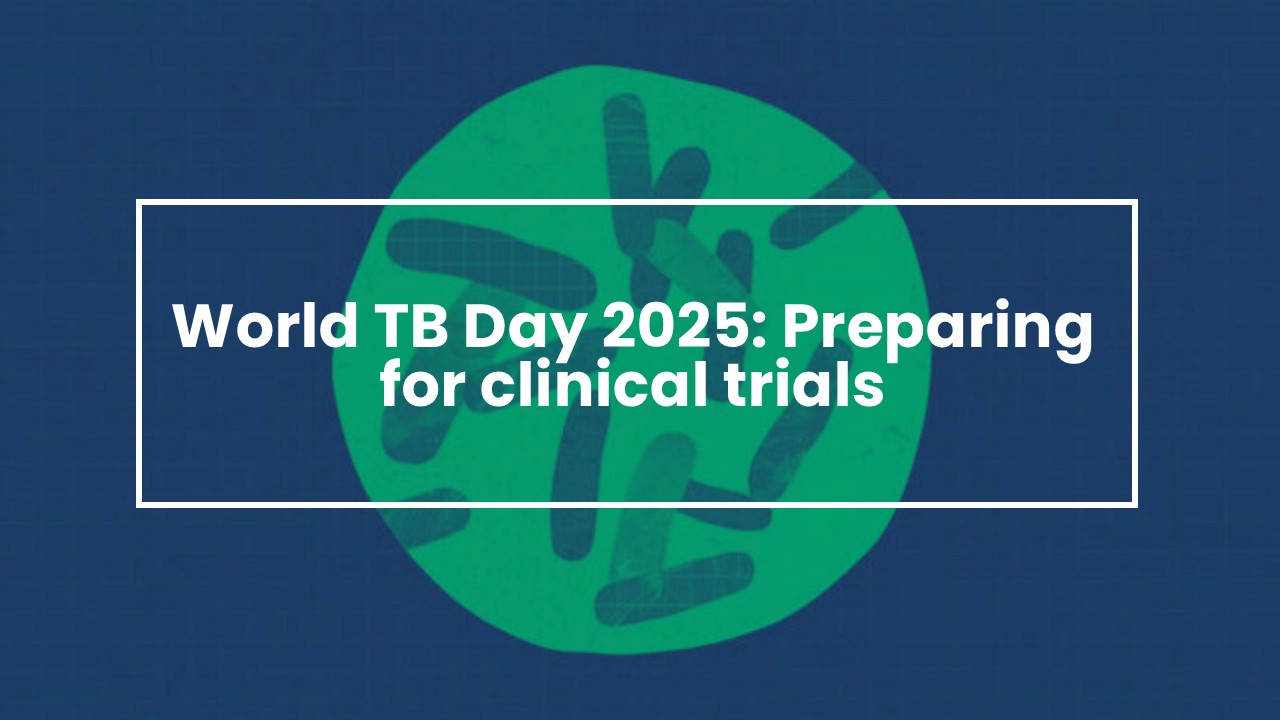
24 March 2025

11 February 2025

28 September 2024

22 August 2024
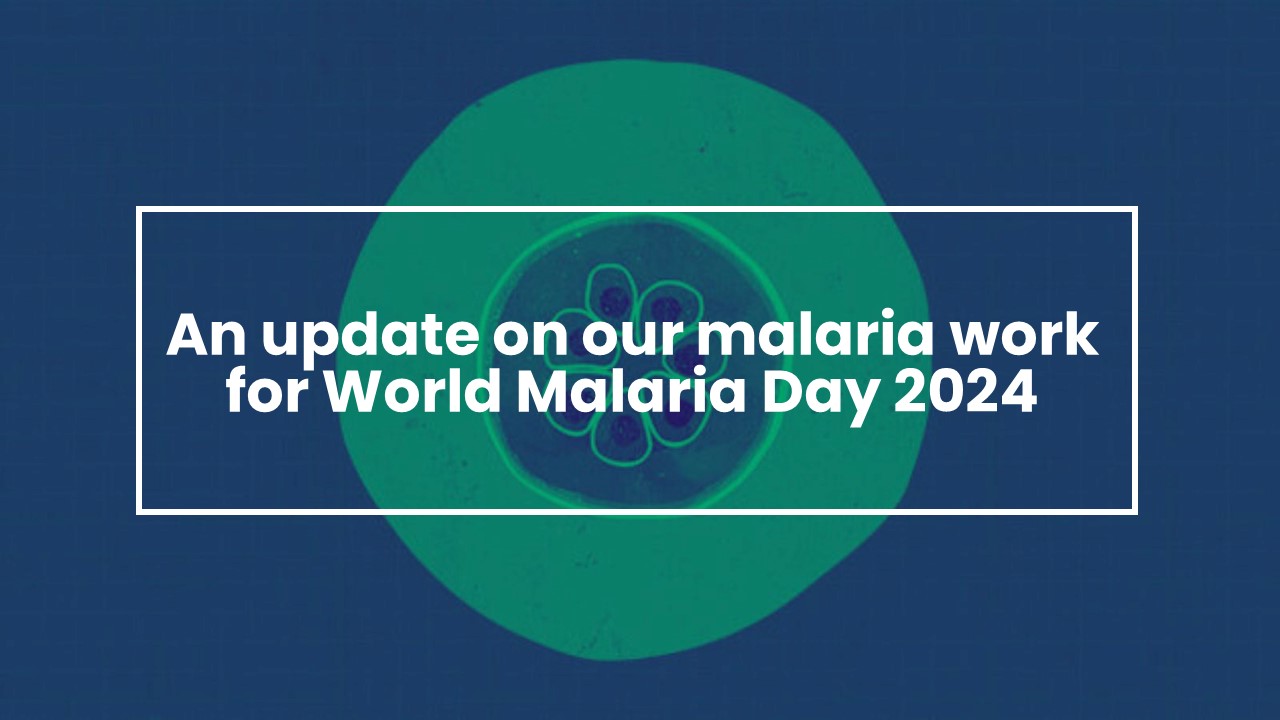
25 April 2024

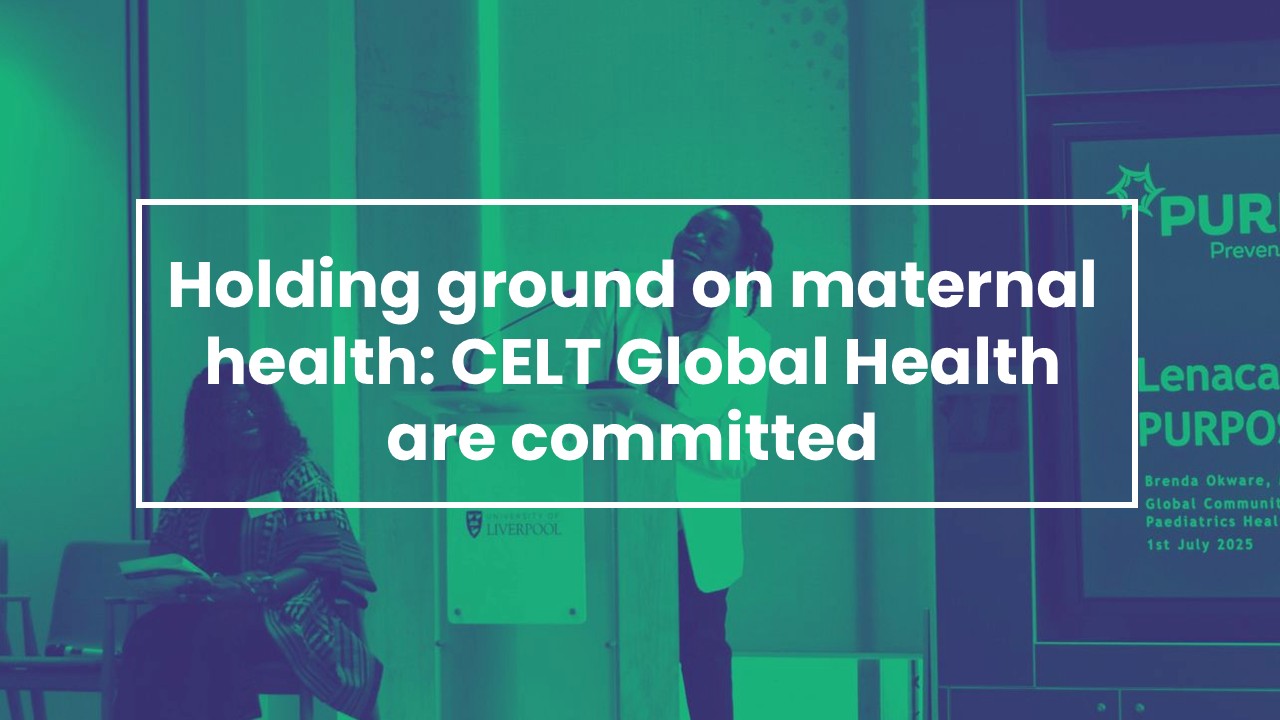


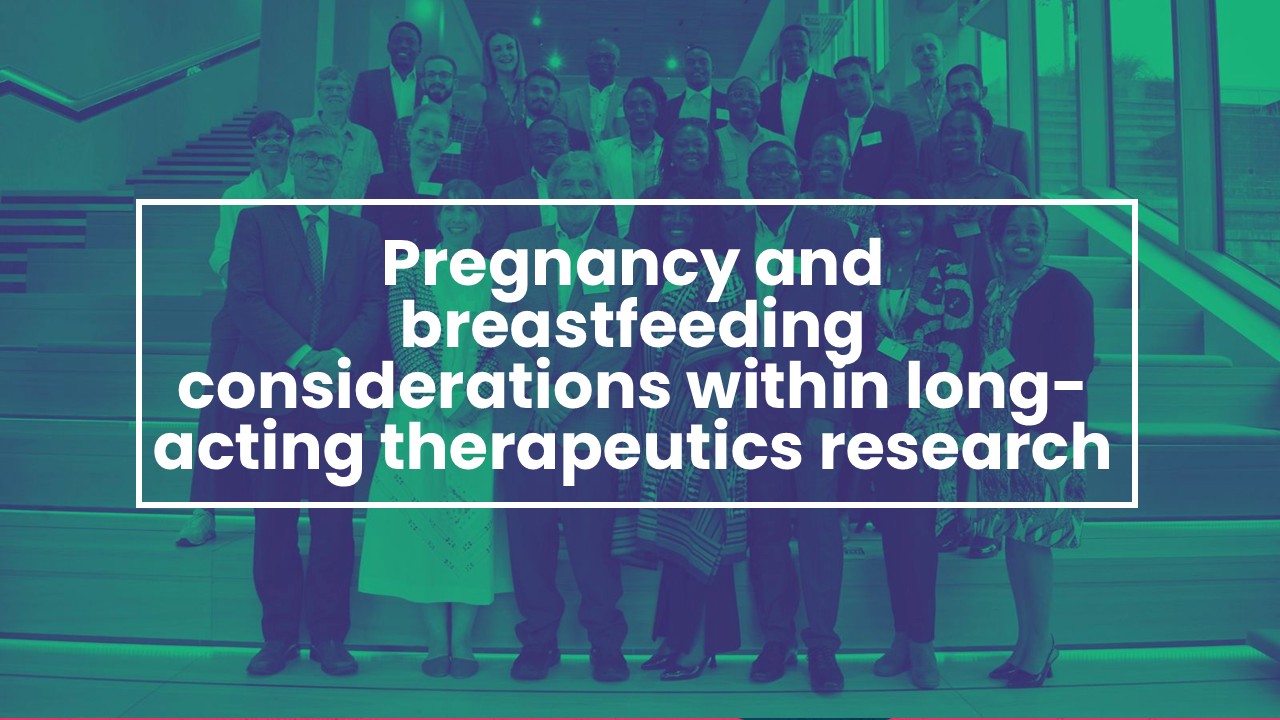
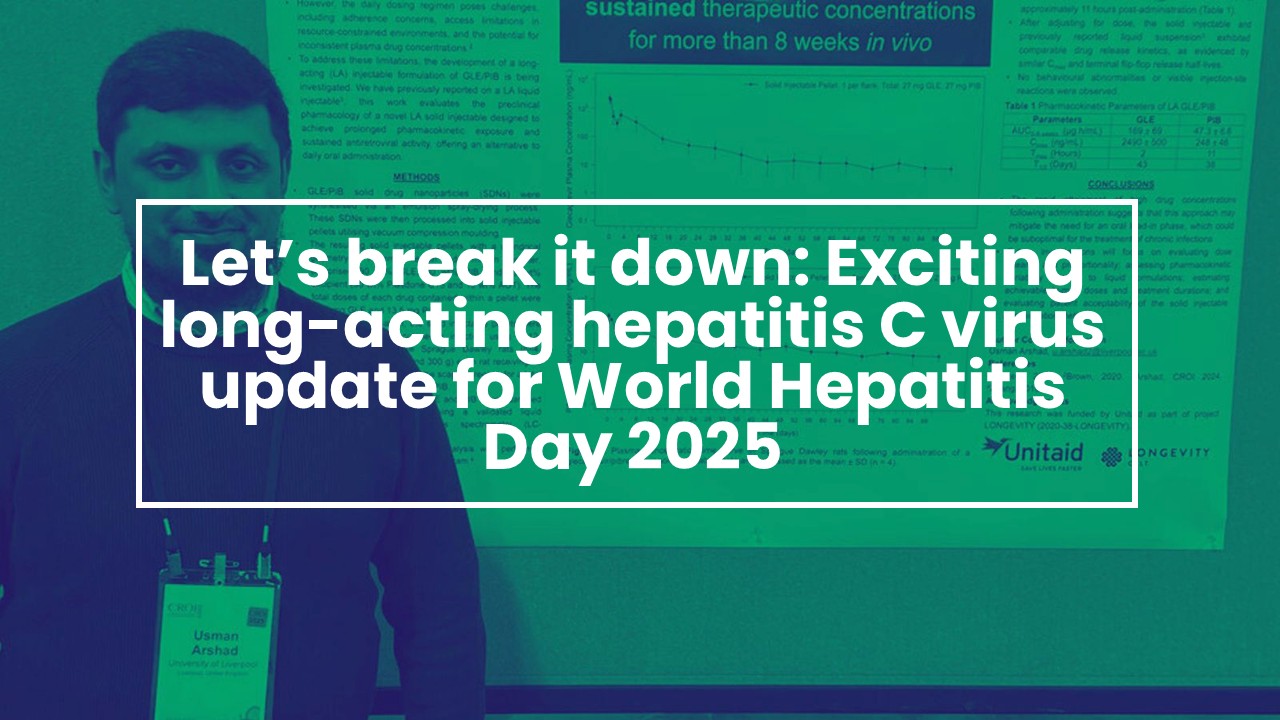
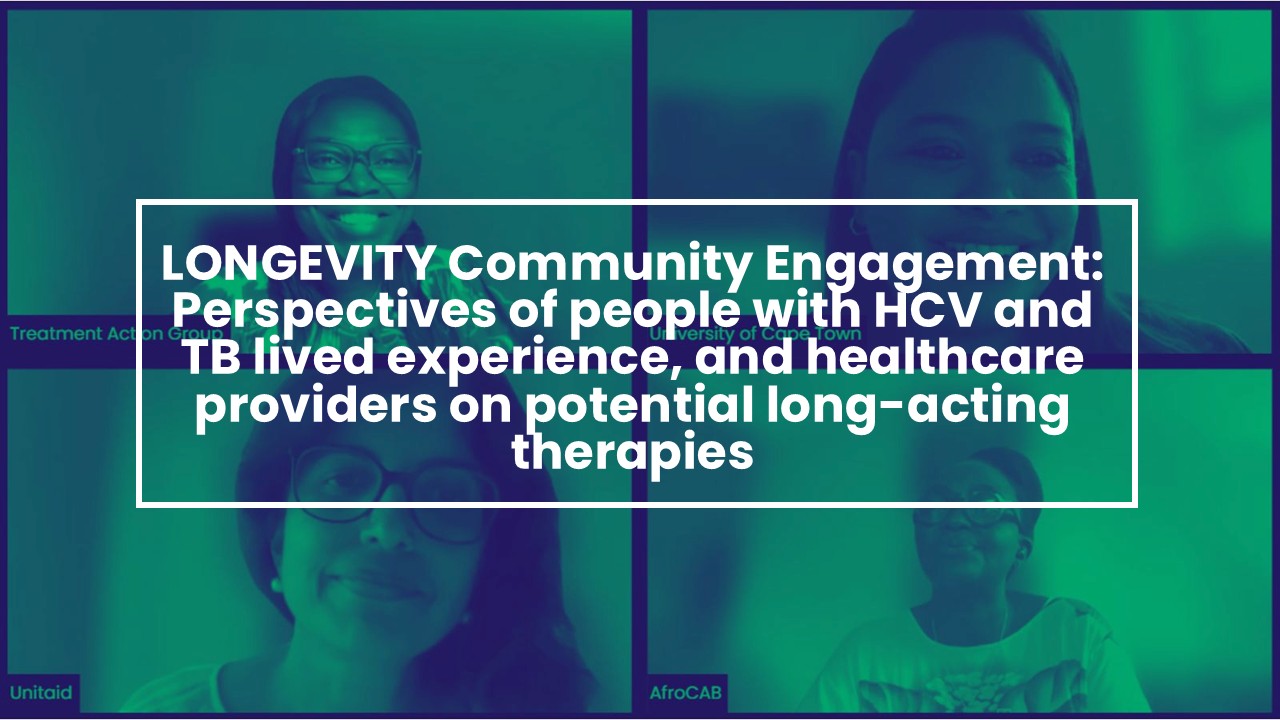
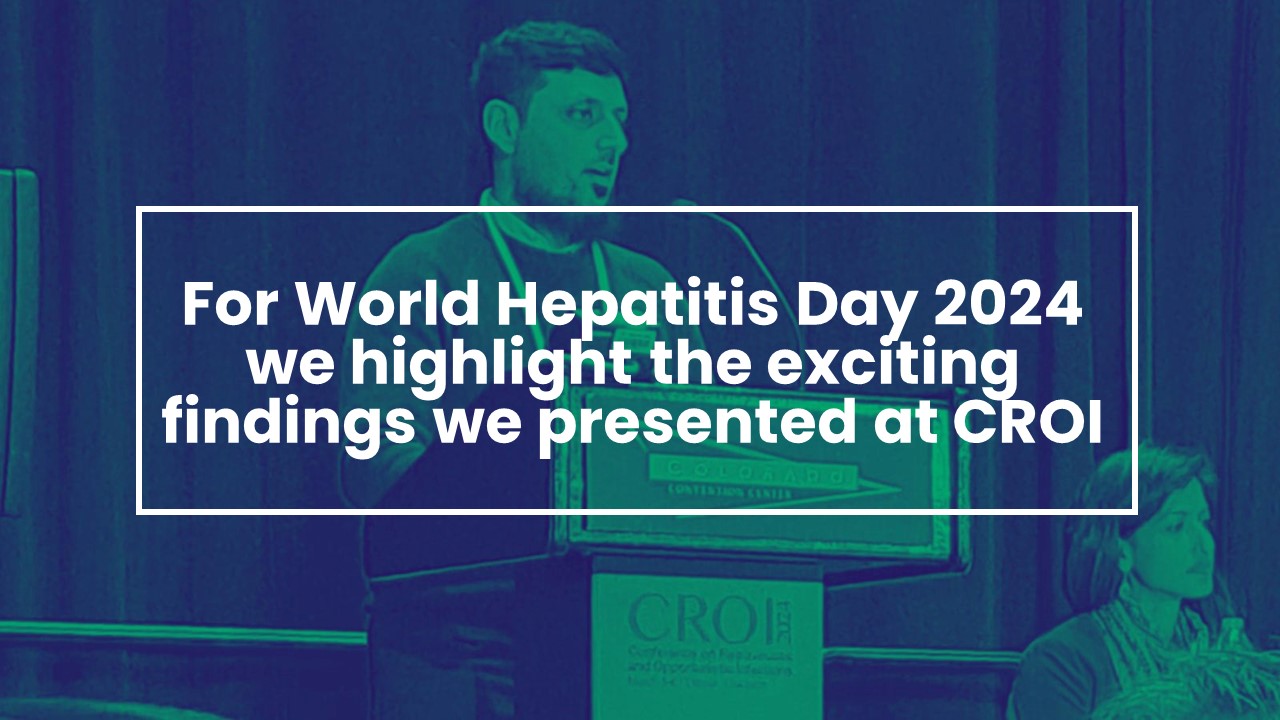
.jpg)
